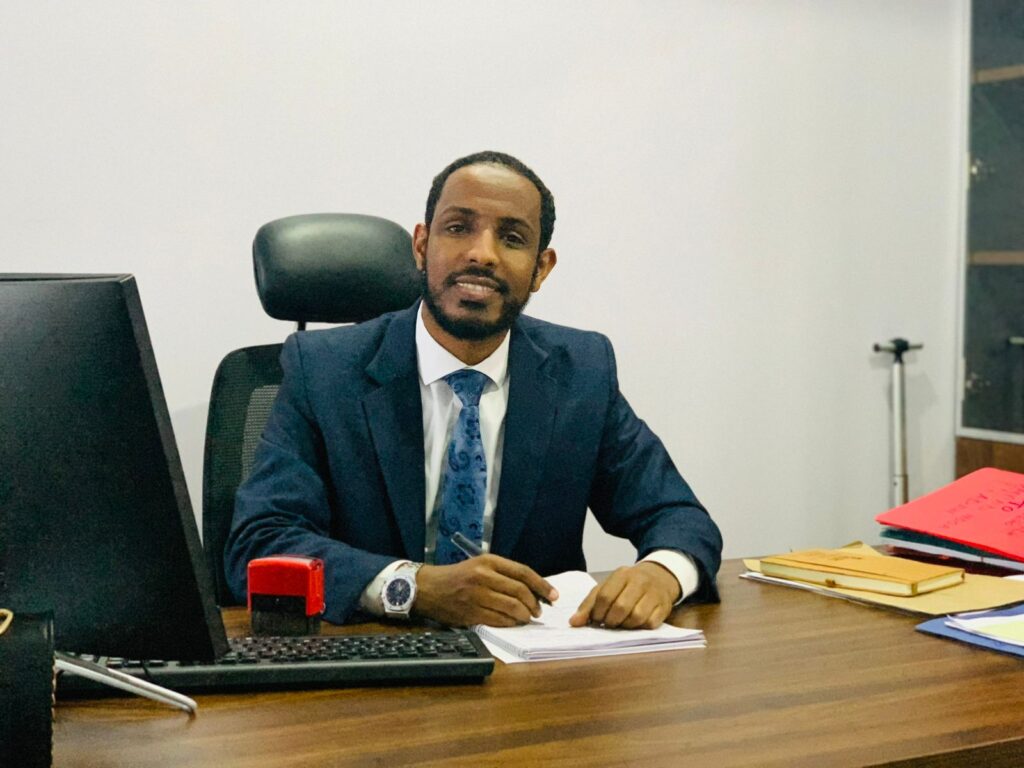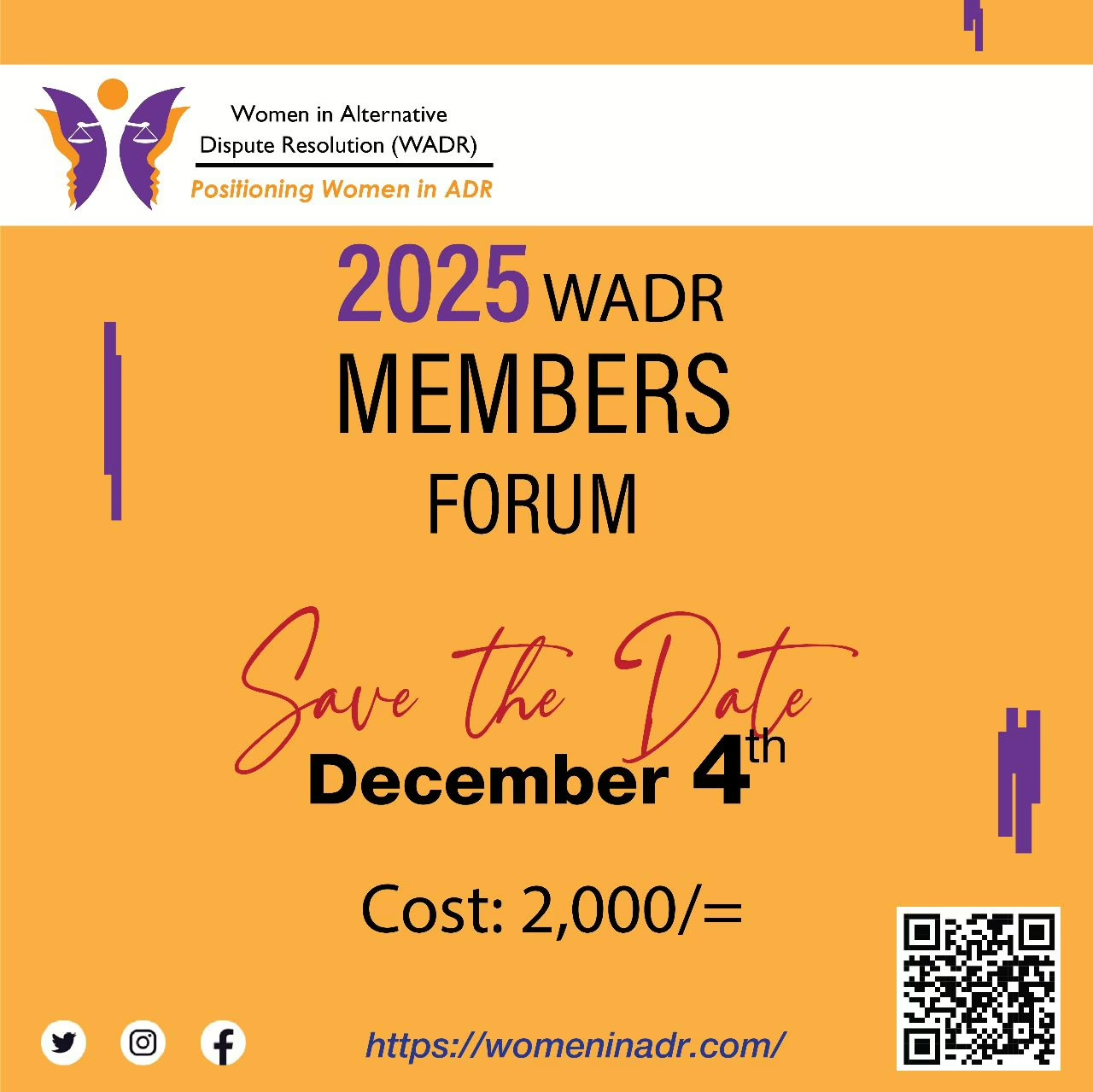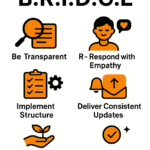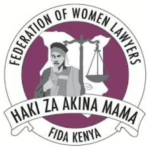The Constitution of Kenya provides for the separation of Church and State. Nonetheless, Kenya is a highly religious country, with statistics on religious affiliations showing that 85% of its population professes Christianity and that 11% (5.6 million people) of its population professes Islam. Therefore, the prevalence of religion in Kenya’s society explains the presence of registered religious associations like the Association of Muslim Lawyers.
So, why do legal professionals need a faith-based body like the Association of Muslim Lawyers? What is the association’s mandate in keeping with the administration of Justice? Finally, what are the professional and faith-based benefits for its members?
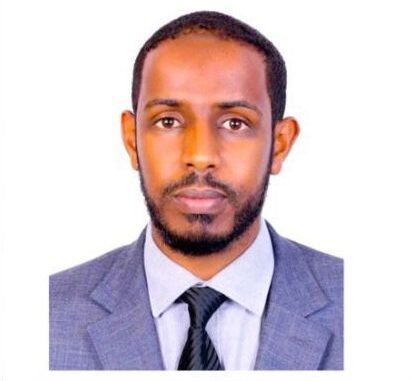 We spoke to Mohamud Salim Omar, a young, vibrant Muslim lawyer and legal entrepreneur specializing in international and Commercial law. Mohamud Salim is the Association of Muslim Lawyers Chairperson and one of its founders. Keep reading to explore the association’s founding principles and the gap it fills in Kenya’s Legal Network, the Muslim community, and Kenyan society.
We spoke to Mohamud Salim Omar, a young, vibrant Muslim lawyer and legal entrepreneur specializing in international and Commercial law. Mohamud Salim is the Association of Muslim Lawyers Chairperson and one of its founders. Keep reading to explore the association’s founding principles and the gap it fills in Kenya’s Legal Network, the Muslim community, and Kenyan society.
The Inspiration Behind the Formation of the Association of Muslim Lawyers
According to Mohamud Salim, the Association of Muslim Lawyers is his brainchild, inspired by his upbringing. Mohamud grew up in Eldama Ravine, Baringo County and Namanga, Kajiado County, under the care of his uncle, who is also a lawyer.
Besides igniting his passion for the law, Mohamud’s uncle, who was also his benefactor, imparted the heart of a cheerful giver upon him. As an individual who benefited from his uncle’s good graces, Mohamud always pays forward to those in need, regardless of tribal or religious affiliations, whenever he can.
However, he recognizes the value of partnerships in furthering a cause. “While you can give in your own capacity, you cannot handle society by yourself.”
Consequently, one evening in 2021, Mohamud gathered around 20 like-minded young Muslim advocates within his networks and pitched the idea of the association to them. His fellow advocates embraced the idea and elected him the association’s chairperson. Therefore, the Association of Muslim Lawyers is a registered entity under the Societies Act, and below is an overview of its mandate.
The Association of Muslim Lawyer’s Mandate
So, what inspired Mohamud to rally Muslim advocates behind his cause? Why not form a charitable organization with advocates from all religious backgrounds?
According to Mohamud, the Association of Muslim Lawyers’s core mandate is filling knowledge gaps and advocating for community interests to ensure access to justice and fair representation within Kenya’s Muslim community. “We have the education, connections, and networks that allow us to give back to the community.”
Therefore, the unity of purpose and common interests inform the association’s mandate. Below is an overview of its mandate.
-
Community Interests
The association pursues this mandate by providing legal services to the Muslim community. However, while the Muslim community is the primary target, it does not exclude non-Muslims who approach them with legal issues. The association utilizes the avenues below to fulfill its mandate:
- Public Interest Litigation (PIL)
As Anna Mutavati, UN Women’s Country Director, highlighted during our 2024 Women’s Day Special feature, the underrepresentation of a population in public offices means their voices aren’t heard. Consequently, the decisions made in such offices do not reflect the reality of the affected populations.
In line with this, Mohamud and the Association of Muslim Lawyers team lobbies with government agencies on behalf of the larger Muslim Community. For starters, the association successfully lobbied the Kenyan government to waive taxes on dates imports in preparation for the holy month of Ramadhan.
Second, in November 2022, in collaboration with the Nubian Rights Forum, the association filed a petition at the labor relations court to quash the list of Nairobi County’s County Executive Committee (CEC) nominees. The association cited a lack of representation in the CEC, given that no Muslim was included. “It was unfair for the County Government of Nairobi to exclude Muslims from the CEC committee, despite their economic contribution to the city, especially in business hubs like Eastleigh.”
Although the court threw out the petition, the fight was not in vain. “The petition was a wake-up call to the county government, and since then we have a Muslim representative in its appointments.”
-
Legal Aid Clinics
The Association of Muslim Lawyers utilizes legal aid clinics to educate Muslims and the general public about their rights. According to Mohamud, a large segment of the public within and outside the Muslim community is unaware of their rights. Therefore, legal aid clinics are essential in facilitating access to justice by demystifying the law.
- Pro Bono Services
Mohamud highlights that the Association of Muslim Lawyers handles numerous pro bono cases. “We handle a lot of pro bono cases from Kenyans who are dealing with legal matters but cannot afford to pay for legal services.”
-
Broadening the Scope Beyond Individual Awareness
As Mohamud highlighted, one cannot handle a community’s needs alone. Therefore, in addition to community interests, the Association of Muslim Lawyers functions as a space where advocates within the Islamic community can broaden their perspectives.
Consequently, they learn to develop ideas and structures to address challenges plaguing the community. So, besides pooling financial resources, the pooling of ideas makes better lawyers, leaders, and community champions.
-
Professional Engagement
On the one hand, the Association of Muslim Lawyers invites like-minded individuals to serve the community using their legal skills. However, it also empowers them to become better lawyers by functioning as a robust networking and mentorship platform.
The association’s membership comprises members from diverse areas of specialization. For example, there’s Mohamud, a legal entrepreneur who has leveraged his three master’s degrees in various areas of international law to launch and run a successful legal practice. Besides members running LLPs and sole proprietorships, the association gives members access to advocates in diverse practice areas within Kenya’s public service and corporate law sectors.
Mohamud himself is a product of his uncle’s mentorship. “My uncle allowed me to work at his law firm since I was in my second year of law school at the University of Nairobi. I consider this experience an advantage because it sets me ahead of those who are learning the ropes by themselves.”
Thanks to this mentorship, he became equipped to conduct successful feasibility tests before establishing his law firm. He started his law firm in June 2020, at the height of the pandemic, yet less than five years later, he is working toward opening a third branch in Mombasa; the other two are in Nairobi and Nakuru.
While the association is the brainchild of young Muslim lawyers (approximately five years in practice), it also welcomes the input of patrons or senior lawyers from the public and private sectors. Patrons provide guidance to young lawyers, helping them navigate nuances within the profession.
Lastly, it also welcomes law students from the Kenya School of Law. It provides a platform to ease them into the legal profession by empowering them to make informed career decisions.
Membership and Member Participation
One fact Mohamud, as the chairperson of the Association of Muslim Lawyers, holds in high regard is the association’s sanctity of purpose. Consequently, Mohamud Salim and his fellow members have never conduct recruitment drives to grow the association’s numbers. “The perspectives informing our objectives means that the association is no place to further political or monetary interests.”
For starters, unlike typical members’ associations, the Association of Muslim Lawyers does not have a monthly contribution requirement for its members. However, members willingly contribute to activities that help the indigent and promote the community’s well-being.
One such event is the Association of Muslim Lawyers’ annual Iftar contributions. The association uses the funds from the donations to purchase and distribute up to a month’s worth of raw foodstuff to low-income areas in Nairobi, like Kibera. Additionally, it partners with like-minded Islamic associations like the Northern Advocacy Organization to conduct similar food drives in areas along Kenya’s northern frontier, including Garissa, Mandera, and Tana River counties.
Besides the Iftar Drive, Mohamud often utilizes his personal financial resources to donate or support specific cases. Therefore, following his example, the Association of Muslim Lawyers is the ideal space for advocates, lawyers, and law students who are passionate about making a difference through acts of kindness, generosity, and compassion.
Second, the membership’s association is diverse, comprising Muslims from diverse ethnic and tribal backgrounds. Besides advocates, lawyers, and law students from Muslim-dominated areas like the coastal and northeastern regions, you’ll find Bantu and Nilotic Muslims from Western Kenya, GEMA communities, and the Rift Valley. Moreover, the diversity is reflected in the Association’s leadership.
Association of Muslim Lawyers Membership Benefits
From the information above, the benefits that the Association of Muslim Lawyers members enjoy align with specific objectives. For starters, the community interests objective benefits members by allowing them to influence positive change in the Muslim community.
On the other hand, a platform for networking and mentorship is among the professional benefits to members. Besides interacting with professionals with diverse experiences, the association organizes webinars whereby Muslim members of the bench talk to members about the importance of joining and participating fully in the Judiciary.
So, what are the religious benefits to members? Mohamud highlights that the association organizes webinars to educate its members on areas of interest to all members. “For example, we’ve arranged for a consultant who has vast experience in Islamic banking for our members to understand and manage their finances accordingly. Second, we also partnered with an organization called Zakat Kenya with the objective to create awareness on how legal practitioners providing services rather than goods can pay their Zakat.”
Mohamud concludes that the faith-based benefit for members is creating awareness and instilling knowledge on pertinent issues within the faith. For him as an individual, the Quran provides solutions for day-to-day challenges, including navigating social aspects and running a business. Therefore, spiritual growth through knowledge is a crucial pillar of the organization.
Future Plans for theAssociation of Muslim Lawyers
The Association of Muslim Lawyers stands out for being a space championed by the proactivity of young lawyers. Second, its strategy of prioritizing good works for community development over financial resources is commendable.
Third, the association’s straightforward structure facilitates swift decision-making. So, what’s in the works for this vibrant association?
According to Mohamud, his top priority as chair is establishing clear structures within the organization. Being a businessman, Mohamud appreciates the order that structure brings to an entity.
While the association conducts elections to appoint its leadership, additional structures will include streamlining contributions and a succession plan. “I want us to have structures because this association is bigger than any individual, and so that it can outlive us.”
Bottom Line
The Association of Muslim Lawyers provides a platform for Muslim advocates, lawyers, and law students to grow professionally and in the faith and use their skills for good. If you are a Muslim in the legal profession and share in the association’s objectives, the association’s doors are always open to like-minded individuals.


